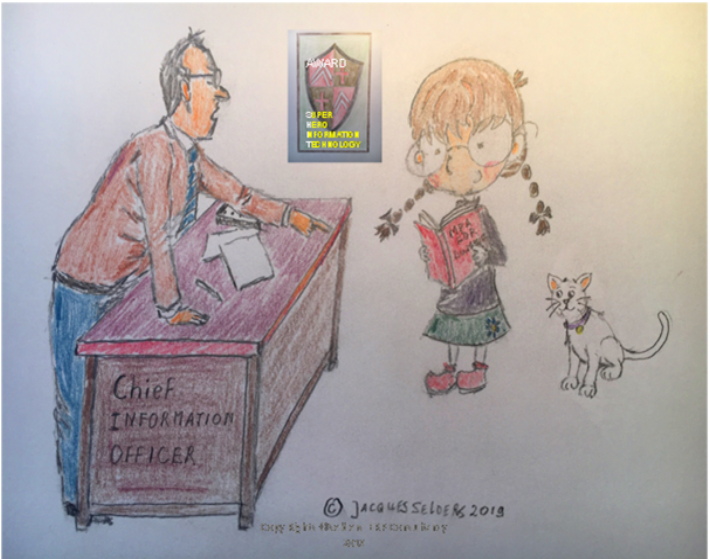ERP Automation

we were lucky to have the apprentice version still; could you please translate this back for us into the original?”
One of the most important aspects of choosing a Data Base Management System or DBMS and choosing an ERP system that works with that DBMS is the ability to have a growth path. In addition, it is important to know whether the future ERP supplier continues to develop the ERP system and whether the supplier will be able to provide sufficient support in the use phase for both the ERP functionality and the undelying DBMS. Next to that there is another aspect which is very important to learn or to know from the preferred ERP system with preferred DBMS: is the DBMS a so called Relational Database Management System or not.
There are other types of DBMS system on the market nowadays like Object Oriented DBMS systems, Hierarchical DBMS systems and Network Model DBMS systems, but the most popular and important ERP systems nowadays work with an Relational DBMS system. And not without a reason; the DBMS can work with a large numer of Tables and sub Tables which let themselfs develop, extend and manipulate very easy. The primary and secundairy relationship and setting up and maintaining these releationship between tables is also very easy to do. Although an average ERP system with DBMS can contain hundreds, sometimes tousands of various tables. And each table can be structured into columns and fields which can contain a standardized number of field types like Date fields, Text fields, Numerical fields, Boolean fields, and combinations to support Primary and Secundairy Keys for data manipulation. And that is exactly what you need for an ERP system.
There is a number of popular Database Management System used in ERP systems which are, for example:
- dBASE
- MySQL
- Microsoft Access
- Oracle
- Microsoft SQL Server
dBase, for example, is quite old and was developed in the early eighties of the last century; It is free of licenses at the moment but it is far to small as a DBMS to support even a small business organization which would like to have some growing development in future. dBase is not a relational DBMS. MySQL is more or less the same although it is an relational DBMS with limited abilities; in the nineties of the last century it was used for rather small ERP systems for small industrial organizations and it is hardly in use nowadays. Microsoft Access is not really developed for supporting ERP systems and with limited relational abilities and more developed for personal use on lap tops, desk tops and servers in an office environment.
Both Oracle and Microsoft SQL Server are real relational DBMS systems which can support both small and midium range and large industrial companies with eventual a wide range of factories and sites world wide.
There are some examples more of DBMS systems next to the ones mentioned above but the most ERP systems work with Database Management Systems from Oracle or Microsoft e.i. Oracle DBMS and Microsoft SQL Server. Both offer a growing path to the client’s organizations and both continue to develop their product further in future. But as far as further development is concerned most client’s organizations will face a two way street in automation development of ERP systems. Not only the underlying DBMS is under permanent development from the supplier’s site but also the ERP system which offers the necessary functionality for the primary processes of the client’s industrial organization.
For most ERP systems this is the case; client organizations can buy the respective ERP system and then have the option to choose for Oracle or for Microsoft SQL Server.
In most ERP systems like Infor Visual Enterprise, it is possible to have a version of Oracle or a version of Microsoft SQL Server as DBMS behind the respective ERP system. That means that the ERP system and it’s functionality should be completely transparent for the users of the industrial organization when or Oracle or Microsoft SQL Server would have been choosen as underlying DBMS. They should not experience any functional difference in the ERP system at their screen.
But from an IT perspective there is or can be a big difference: setting up and maintaning an Oracle environment is quite something different from setting up and maintaning a Microsoft SQL Server environment. For setting up an Oracle environment, setting up new databases and a test environment and organize backup’s etc knowledgable Oracle experts are required and actions like this may take hours and day’s where setting up and maintaining a Microsoft SQL Server environment and doing backup’s etc. take minutes and hours. And the additional tools around Microsoft SQL Server ( the so called Management Studio) have reached a level of user friendlyness for supporting IT people which makes working with such tools a pretty easy thing to do within a small amount of time.
The two; Oracle and Microsoft SQL Server, are mentioned here because most midrange and larger industrial companies use one of these DBMS systems. And not whithout a reason. Both Oracle, which can be used for the very large industrial organizations, and Microsoft SQL Server, which can be used for the large and midrange and smaller industrial organizations have, and will for the long run have, a growing path.